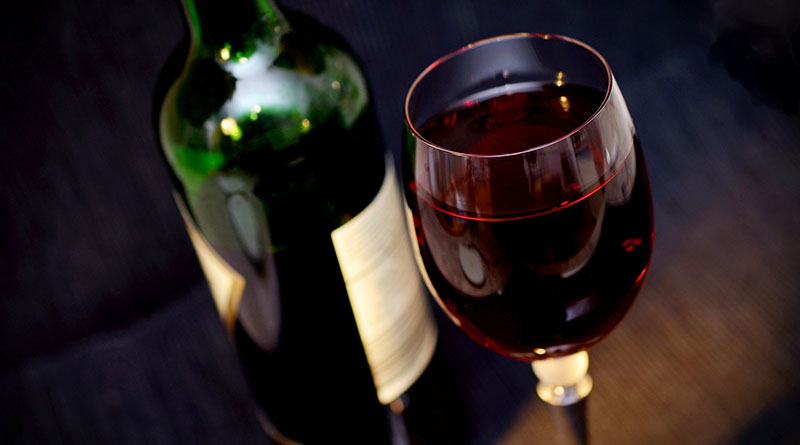Cut Duty Rates And Support British Businesses To Compete In A Global Market

The Wine and Spirit Trade Association is calling on the Chancellor to cut alcohol duty and allow UK businesses to thrive and compete on a global stage.
As Britain takes its new place outside of the EU, the WSTA has voiced concern that the UK’s excessively high duty rates are deterring investment.
British spirit and wine producers have also voiced their despair at the Government’s continued targeting of British made products.
UK drinkers are currently forced to pay £2.23 on duty per bottle of still wine, £2.86 on a bottle of sparkling wine and £8.05 for every bottle of spirit at 40% ABV.
Duty is currently so high in the UK that 55% of the average priced bottle of wine and 73% of an average priced bottle of spirits, at 40% abv, sold in shops and supermarkets is now taken by the Treasury in tax and VAT.
The UK alcohol industry is one of the most heavily taxed in Europe. Drinkers in Germany, Spain and Italy all enjoy a zero duty rate on wine, whilst in France the duty rate is just 3p.
Spanish and Italian drinkers also benefit from the zero duty rate on sparkling wines, too, whereas Brits enjoying fizz are punished even more for their choice, attracting an even higher rate (than still) of £2.86 per bottle.
This is particularly painful for those looking to enjoy homegrown products – with three quarters of the wine produced in the UK is sparkling.
And it’s not just Europe which offers better support to their domestic wine and spirit producers – in New Zealand, duty accounts for only 22% of the cost of a bottle of wine.
For spirit drinkers in Europe only Sweden, Finland and Ireland tax their spirits more heavily than the UK.
Like wine producing countries outside the UK, the majority of spirit producing countries support their distillers. The duty on spirits in Japan comes in equating to £2.82 per litre of pure alcohol, which is about 10% of the UK’s rate.
Miles Beale, chief executive of the Wine and Spirit Trade Association, said:
“The UK ‘s punishingly high duty rates are stifling home grown wine and spirit businesses as well as acting as a deterrent to attracting investment.
A duty cut would provide the UK’s wine and spirit businesses the breathing space needed to recover from the Covid pandemic and the almost complete shutdown for the UK’s hospitality sector – the drinks’ industry’s shop window – allowing them time to plan for growth, including innovation and exploring new opportunities. And from experience we also know that duty cuts often lead to increased revenue for the Exchequer – from both VAT and duty receipts.
The alternative is depressing. In the current climate duty hikes will undermine the viability of some businesses and reduce the ambition of others. In particular tax increases will suppress already falling demand, by raising prices to consumers, as well as reducing choice. Indeed, duty increases would send all the wrong signals to consumers and to UK drinks businesses, most of which are SMEs. It would be the perfect blend for exacerbating the adverse effects of Covid and undermining recovery and future growth.”
The UK’s wine and spirit industry is integral to our economy, supporting some 360,000 jobs in the UK, contributing £49 billion every year in economic activity and paying more than £12 billion in duty and VAT.
Charles Simpson, owner of Simpson’s wine estate, said:
“The duty rates on wine in the UK are ridiculously high compared to other countries like France. Between the VAT and duty, sometimes I feel like a tax collector. I personally feel that wine duty at this level in the UK is really punishing on entry-level wines.
I would like to see UK duty fall in line with our European counterparts and the government to become more supportive of UK wine producers, similar to how the French government has nurtured its domestic industry through low duty. This will truly help and support our young, home-grown English wine industry.
